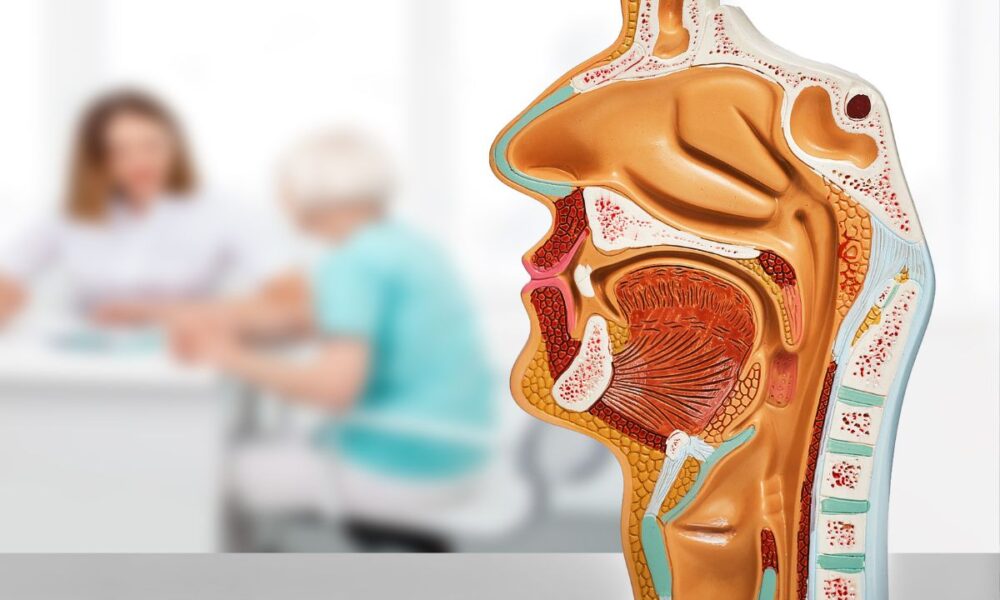ENT allergy refers to allergies that affect the ear, nose, and throat (ENT) region. These allergies occur when the immune system overreacts to harmless substances, such as pollen, dust mites, pet dander, mold, or certain foods, leading to inflammation and symptoms in the ears, nose, and throat. Here are more details about ENT allergies, including symptoms and treatment:
Symptoms:
- Nasal Symptoms:
- Nasal congestion
- Runny or stuffy nose (allergic rhinitis)
- Sneezing
- Itchy nose
- Postnasal drip
- Throat Symptoms:
- Sore throat
- Hoarseness
- Throat clearing
- Coughing
- Itchy throat
- Ear Symptoms:
- Itchy ears
- Ear congestion
- Ear pressure
- Ear pain
- Popping or crackling sensations in the ears
- Other Symptoms:
- Watery, itchy eyes (allergic conjunctivitis)
- Sinus pressure or pain
- Headaches
- Fatigue
Causes:
ENT allergies are caused by an overreaction of the immune system to allergens. Common allergens that can trigger ENT allergy symptoms include:
- Pollen from trees, grasses, and weeds
- Dust mites
- Pet dander
- Mold spores
- Certain foods (e.g., peanuts, shellfish)
- Insect stings
- Medications
Diagnosis:
- Allergy testing: Skin prick tests or blood tests (e.g., IgE antibody tests) may be performed to identify specific allergens triggering symptoms.
- Medical history: A detailed history of symptoms, triggers, and family history of allergies may help in diagnosing ENT allergies.
Treatment:
- Allergen Avoidance:
- Avoiding exposure to known allergens whenever possible can help prevent or reduce allergy symptoms.
- Strategies may include using allergen-proof covers for pillows and mattresses, keeping windows closed during high pollen seasons, and regularly cleaning and vacuuming to reduce dust mites and pet dander.
- Medications:
- Antihistamines: These drugs block the effects of histamine, a chemical released during allergic reactions, to alleviate symptoms such as sneezing, itching, and runny nose.
- Nasal corticosteroids: These prescription or over-the-counter nasal sprays reduce inflammation in the nasal passages and help relieve symptoms like nasal congestion and sneezing.
- Decongestants: Oral or nasal decongestants can provide temporary relief from nasal congestion by shrinking swollen nasal passages.
- Allergy shots (immunotherapy): Allergy shots involve gradually exposing the immune system to small doses of allergens to desensitize the body and reduce allergic reactions over time.
- Nasal Irrigation:
- Saline nasal rinses or irrigations can help flush out allergens and irritants from the nasal passages, reducing congestion and improving nasal symptoms.
- Environmental Control Measures:
- Measures such as using air purifiers, maintaining low humidity levels, and keeping indoor spaces clean can help minimize exposure to allergens and reduce allergy symptoms.
- Consultation with an ENT Specialist:
- For severe or persistent ENT allergy symptoms, consultation with an otolaryngologist (ENT specialist) may be necessary for further evaluation and management.
Overall, effective management of ENT allergies involves identifying triggers, avoiding allergen exposure, and using medications or other treatments to alleviate symptoms and improve quality of life. Working closely with a healthcare provider can help individuals develop a personalized treatment plan tailored to their specific allergy triggers and symptoms.

